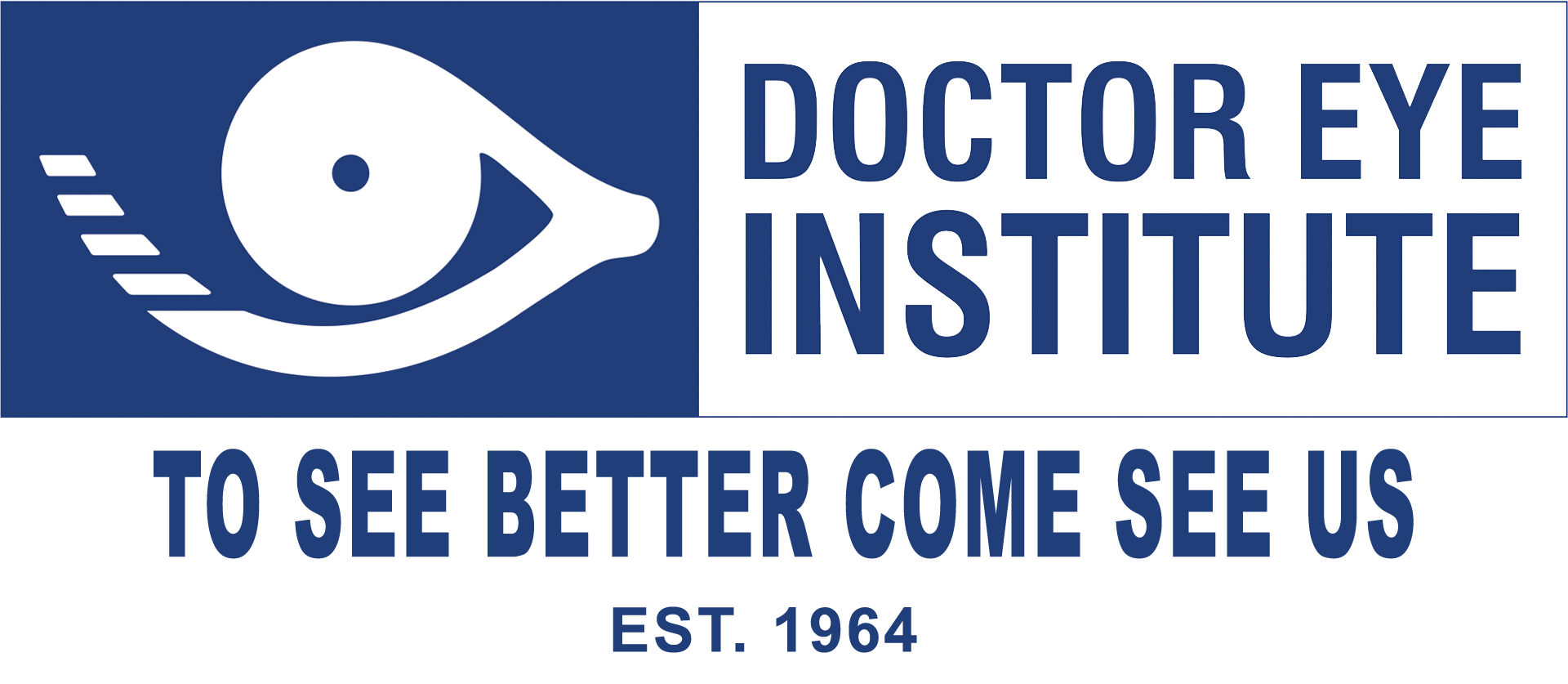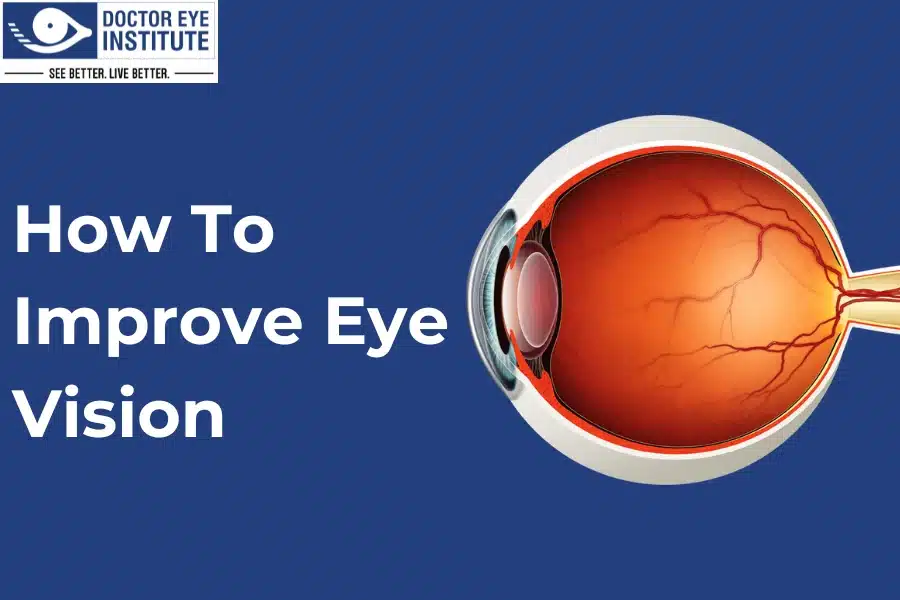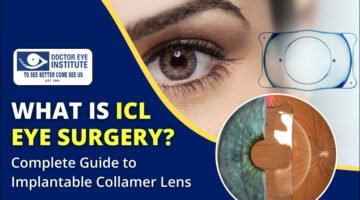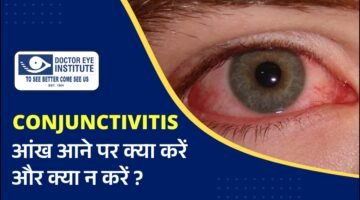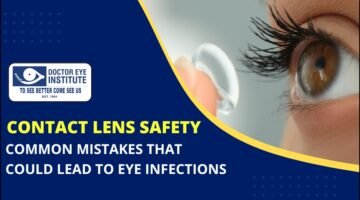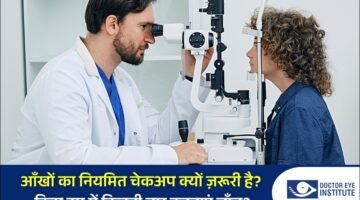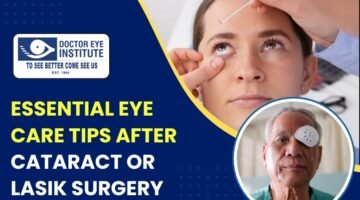Methods for Clear Vision in the Digital Age
In the Modern World, where screens are everywhere and we rely on digital gadgets every day, taking care of our eyes is important. Our eyes are like our personal windows to the world, so it’s crucial to keep them healthy and working well. This article will talk about different ways you can look after your eyes, so you can keep seeing clearly for a long time.
Importance of good eye vision:
Having good eye vision is important for our overall health and how we enjoy life. Whether it’s reading, driving, or just taking in a beautiful view, our eyes play a big part in everything we do. Keeping our eyes healthy not only helps us see better but also keeps our brains sharp and our moods happy. Plus, catching eye problems early can stop them from getting worse and help us keep our vision for longer.
Overview of the strategies discussed:
In the next parts, we’ll go over some simple things you can do to naturally improve your vision. We’ll talk about adopting healthy habits and using new technology to give your eyes a boost. These strategies are all about making small changes to your daily routine that can make a big difference in keeping your eyesight sharp and clear. So, let’s dive in and learn how to take care of those precious peepers!
Can Vision Be Corrected?
Explanation of vision correction
Vision correction refers to the various techniques and methods used to improve visual acuity. These include eyeglasses, contact lenses, and surgical procedures such as LASIK. Vision correction aims to compensate for refractive errors such as near-sightedness, farsightedness, and astigmatism, which affect the eye’s ability to focus light properly onto the retina.
Factors Affecting Vision Correction
Several factors can influence the effectiveness of vision correction, including the severity of the refractive error, the individual’s eye anatomy, and their overall eye health. Additionally, factors such as age, lifestyle habits, and underlying medical conditions can also impact the success of vision correction methods.
Importance of seeking professional advice
It is essential to seek professional advice from an Eye Surgeon or ophthalmologist before undergoing any vision correction procedure. These eye care professionals can assess your unique visual needs and recommend the most suitable treatment options based on your specific circumstances.
How Often Should Vision Be Checked?
Importance of regular eye check-ups:
Regular eye check-ups are super important because they help keep our eyes healthy and catch any problems early. Just like you go to the doctor for check-ups, your eyes need attention too. These check-ups can spot issues like near-sightedness, farsightedness, or eye diseases before they become big problems.
Recommended frequency for different age groups:
For adults who don’t have any eye issues, it’s usually a good idea to get a full eye check-up every year. But if you have diseases like diabetes or a family history of eye diseases, you might need to go more often such as twice or thrice a year. For kids, it’s important too. They should have their eyes checked regularly by a doctor, especially before they start school. Pediatricians usually do basic checks during regular appointments, but it’s a good idea for kids to see an eye specialist at least once a year as a rule
Signs that indicate the need for an eye exam:
Keep an eye out for any changes in your vision. If things start looking blurry, or you’re seeing double, it might be time for a check-up. Eye pain, headaches, or trouble reading can also be signs that something’s up with your eyes. Even changes in the colour or appearance of your eyes should be checked out. If you notice any of these things, don’t wait until your next appointment—go see an eye doctor sooner rather than later
Types Of Vision Correction Procedures
Eyeglasses and Contact Lenses: These are the most common ways people improve their vision without surgery. You’ve probably seen or worn glasses before—they come in various styles and prescriptions to suit different needs. Contacts lenses are tiny, clear lenses you put directly on your eyes. They offer a wider field of view compared to glasses. Both are handy options that cater to different lifestyles and preferences.
Refractive Surgeries: These are simple surgeries that permanently fix vision problems by reshaping the cornea. They are for people who want to get rid of their need for glasses or contact lenses altogether.
What Is Vision Correction Surgery?
Definition and Purpose of Vision Correction Surgery:
Vision correction surgery, also known as refractive surgery, is a procedure that aims to improve your vision by changing the shape of your eye’s cornea or lens. These surgeries fix vision problems like near-sightedness, farsightedness, and astigmatism so you can see the world without needing glasses or contact lenses
There are a few common types of vision correction surgeries:
- LASIK (Laser-Assisted In Situ Keratomileusis): This is a popular surgery where a laser is used to reshape your cornea by creating a flap of the tissue on your cornea and reshaping the bed underneath, finally replacing the flap into position correcting your vision. It’s quick, painless, and you’ll see improvements in your vision right away.
- PRK (Photorefractive Keratectomy): Similar to LASIK, PRK also uses a laser to reshape your cornea, but it involves removing the outer layer first. Recovery takes a bit longer compared to LASIK, but it might be a good option for people with thinner corneas.
- CLEAR (Corneal lenticule extraction for advanced vision corrrection): CLEAR is a minimally invasive surgery that corrects near-sightedness by removing a tiny piece of tissue from your cornea with a laser. It’s known for faster recovery and less risk of dry eyes and lesser risk of any harm done if you accidentally rub your eyes
How Much Correction Can LASIK Do?
Overview of LASIK surgery:
LASIK surgery is a popular procedure that fixes common vision issues like nearsightedness, farsightedness, and astigmatism. It uses a precise laser to reshape the clear front part of your eye, called the cornea, which helps light focus better on the retina, giving you clearer vision and reducing the need for glasses or contacts.
Effectiveness of LASIK in correcting vision:
Overall, LASIK is really good at fixing vision problems. Many studies show that most people who get LASIK end up with really good vision, often 20/20 or even better. People usually feel happy with the results and find that their vision improves their quality of life.
Factors influencing the degree of correction:
However, the amount of improvement you get from LASIK can vary from person to person. It depends on a few things like how bad your vision is to start with, the thickness and shape of your cornea, and how stable your prescription is. Also, how skilled and experienced your surgeon is makes a big difference in how well the surgery turns out. So, your eye doctor will look at all these things to figure out the best LASIK treatment for you.
Can Laser Eye Surgery Fix Blurred Vision?
Causes of blurred vision:
Blurred vision can happen for different reasons. Sometimes it’s because of things like near-sightedness, farsightedness, or astigmatism. Other times, it’s because of changes as we get older, like presbyopia. Conditions like cataracts, glaucoma, or issues with the cornea can also make vision blurry. To figure out the best way to fix it, we need to know what’s causing the blurriness.
Suitability of laser eye surgery for addressing blurred vision:
Laser eye surgery, like LASIK, can be a good way to fix certain types of blurry vision caused by things like near-sightedness or farsightedness. During LASIK, a laser is used to reshape the cornea so that light can focus better on the retina, which can make your vision clearer. This might mean you don’t need glasses or contacts anymore. But not everyone with blurry vision can have laser eye surgery. Some people might have other eye problems or health issues that make it not a good option for them. To know if laser eye surgery is right for you, you’ll need to have a thorough eye exam and talk to an eye doctor who knows about this kind of surgery.
Potential outcomes and limitations:
Laser eye surgery can be great for a lot of people with blurry eye vision, but it’s not perfect. Some people might have side effects like dry eyes, glare, or halos around lights. And for some, the surgery might not completely get rid of the need for glasses or contacts, especially if their vision problem is severe or if they have other eye issues. So it’s important to know what to expect and think carefully about whether the benefits of the surgery outweigh the risks before deciding to go ahead with it.
Closing Reflections
At Doctor Eye Institute in Mumbai, we’re all about keeping your eyes healthy. We believe in thorough check-ups to catch any issues early. Our experienced eye doctors are here to help with advanced procedures like LASIK surgery. We’re proactive about eye care, so if you have any concerns, you can connect with us. Your vision is important to us, and we’re committed to keeping it clear and healthy. Trust Doctor Eye Institute for your eye health.
FAQs: Frequently Asked Questions
Q1. Why is it important to improve eye vision?
A. Improving eye vision is crucial for maintaining overall well-being and quality of life. Good eye vision enables us to perform daily tasks effectively, enhances safety, and promotes independence.
Q2. How often should I get my vision checked?
A. It’s recommended to have your vision checked regularly, especially as you age. Adults aged 18 to 60 without vision problems should have an eye exam at least every two years. After age 60, annual eye exams are recommended.
Q3. What are the different types of eye vision correction procedures available?
A. Common eye vision correction methods include eyeglasses, contact lenses, Ortho-K, and refractive surgeries such as LASIK, PRK, and LASEK.
Q4. How effective is LASIK in correcting vision?
A. LASIK surgery is highly effective in correcting common refractive errors. Many patients experience improved eye vision immediately or shortly after the procedure, with minimal discomfort and fast recovery times.
